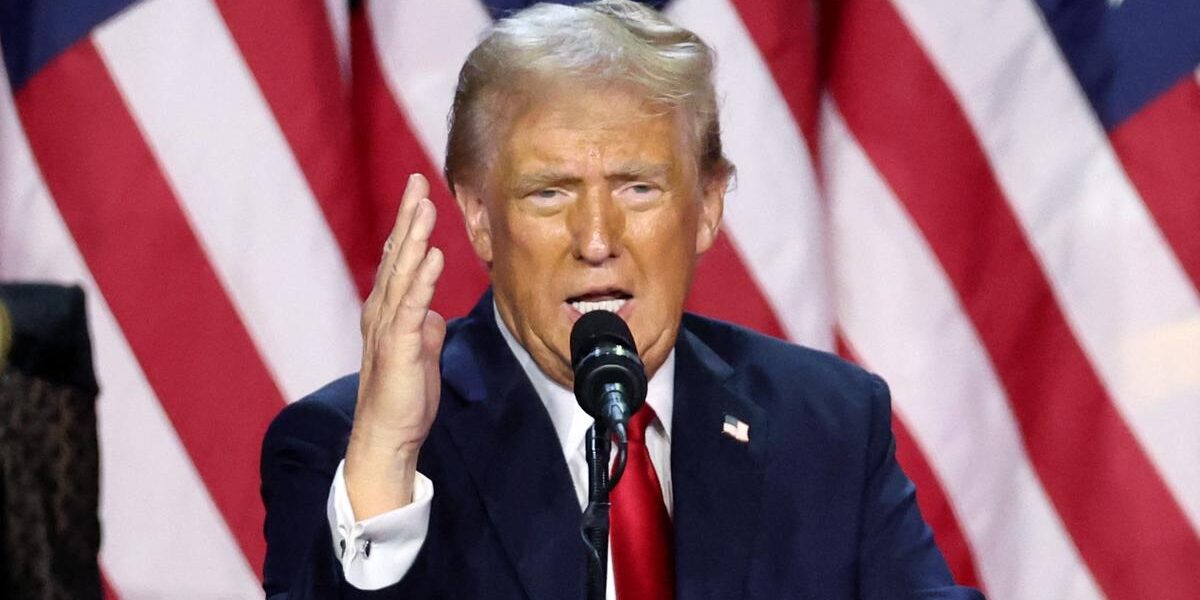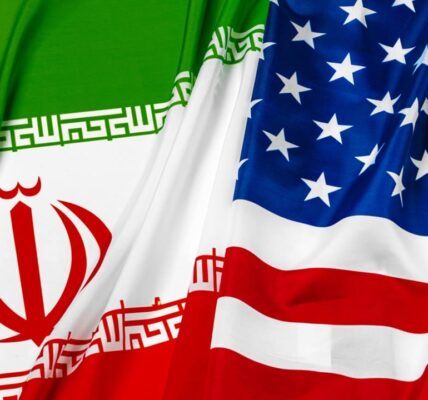Arab and Jewish American Voters: Key Influencers in a Foreign Policy-Driven U.S. Election
As the U.S. election approaches, foreign policy has taken on new importance, particularly among Arab and Jewish American voters. Kamala Harris has recently shifted focus to Gaza, advocating for a ceasefire—a move that may be intended to recapture support from Arab American voters who feel disillusioned with the Biden administration’s firm pro-Israel stance. Meanwhile, Donald Trump is actively courting both Arab and Jewish Americans, making promises of peace in the Middle East and recalling his strong relationship with Israel.
Arab American Voters Rethink Traditional Democratic Support
Traditionally Democratic-leaning, many Arab Americans are reconsidering their stance due to Biden’s unwavering support for Israel. Polls show that 42% of Arab American voters now favor Trump, compared to 41% supporting Harris, reflecting a significant shift. This pivot is particularly apparent in states like Michigan, which has a large Arab American population and where Trump narrowly won in 2016. Days before the election, Trump’s visit to Dearborn underscored his strategy to win back the state by appealing to Arab Americans with promises to end the Gaza conflict.
Jewish Americans Lean Toward Democrats Despite GOP Outreach
Jewish Americans, who have also traditionally voted Democratic, largely continue to support Harris despite Trump’s robust pro-Israel stance, including moving the U.S. Embassy to Jerusalem. Polls indicate that more than 71% of Jewish voters in swing states still back Harris, driven by concerns about rising anti-Semitism and shared liberal values. Jewish Americans remain a strong voting bloc, especially in states like Pennsylvania, which could again prove pivotal in the election outcome.
The stakes are high, as both Arab and Jewish Americans hold significant influence in battleground states. How they vote could very well determine the next U.S. president, underscoring the powerful role of foreign policy in this year’s election.






